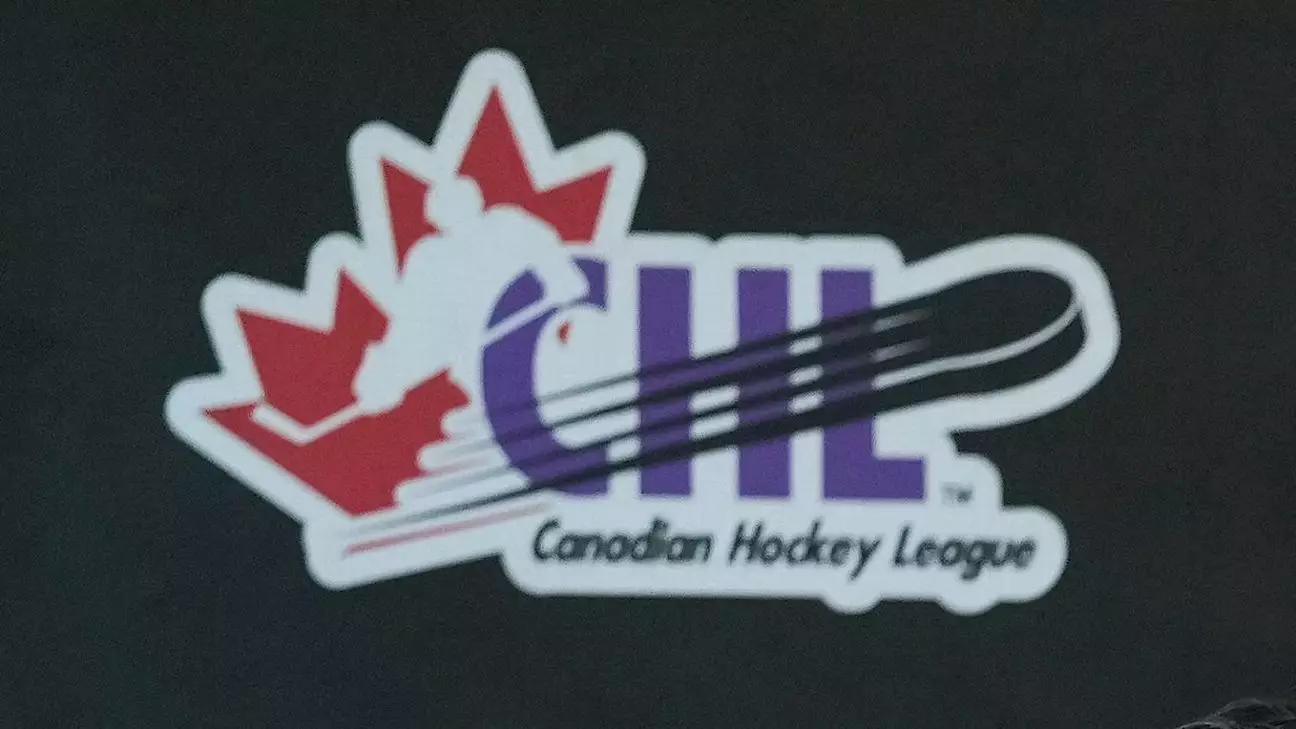In an evolving landscape of collegiate athletics, the NCAA Division I Council is poised to potentially reform its eligibility regulations, specifically concerning players from the Canadian Hockey League (CHL). This decision, which is on the agenda for the council’s discussions this week, could fundamentally alter the dynamics of college hockey by allowing CHL athletes to compete at U.S. colleges. The implications of such a change could extend beyond regulations, impacting the recruitment and development of young talent in North America.
Presently, the NCAA prohibits players from the CHL’s Western Hockey League, Ontario Hockey League, and Quebec Major Junior Hockey League from participating in NCAA Division I athletics. This ruling classifies CHL players as professionals, largely due to their receipt of stipends that are predicated on living expenses. Critics argue that this designation unfairly hampers talented athletes who might otherwise look to leverage college hockey as a pathway to the National Hockey League (NHL). The current policy leads to a significant pool of skilled athletes being sidelined from the NCAA realm simply due to their CHL affiliations.
The NCAA’s approach to eligibility seeks to maintain a level competitive playing field; however, the restrictions have prompted challenges. Due to these rules, many promising players are forced to forgo college opportunities because of their participation in junior leagues that the NCAA deems professional.
A significant push against the NCAA’s longstanding policy came in the form of a class-action lawsuit filed on August 13 in U.S. District Court in Buffalo, New York. The lawsuit was initiated on behalf of Riley Masterson, a young player who lost his college eligibility after competing in exhibition games for the Windsor Spitfires when he was just 16 years old. This legal action has raised questions regarding not only the fairness of the NCAA’s restrictions but also the broader implications for the sport and its players.
Attorneys representing plaintiffs in this case believe that lifting this ban could enrich the sport, creating a more competitive environment for college-age prospective players. Stephen Lagos, one of the lawyers involved, has expressed optimism that the NCAA will take this opportunity to amend its regulations during the upcoming council meetings.
Reactions and Anticipations
Forrest Karr, the executive director of the American Hockey Coaches Association and Minnesota-Duluth athletic director, has been at the forefront of advocacy for this legislative change. He supervised a committee tasked with crafting recommendations aimed at revising the eligibility requirements for CHL players. Karr’s involvement is indicative of a collaborative effort within the hockey community to reassess and, possibly, recalibrate the existing frameworks governing player eligibility.
Furthermore, the discussions led by the NCAA could address a concurrent issue affecting skiing eligibility. Similar restrictions exist for athletes in this sport, barring those who have competed on professional teams or received excessive reimbursements. Thus, the council meeting holds the potential not just for hockey but for various sports governed by the NCAA to reassess their eligibility rulings.
As the NCAA Division I Council prepares to convene, the potential for change seems tangible. If the council votes to update legislation, it would pave the way for CHL players to compete in NCAA Division I hockey, opening avenues for younger athletes who aspire to play at the collegiate level. Additionally, it could incite a shift in the recruitment strategies employed by collegiate programs, leading to a more aggressive battle for top talent against the CHL.
This anticipated change resonates significantly at various levels of the sport, impacting not only players but also coaching staff, recruiters, and college hockey programs across the U.S. By potentially recognizing CHL players as eligible competitors, the NCAA could leverage a deeper talent pool, fostering a more vibrant and competitive college hockey scene.
The impending council meeting is a critical juncture for NCAA hockey as it considers not just the fate of CHL players but the future of the sport as a whole. The outcomes here could redefine norms, posing substantial implications for collegiate athletics in North America and offering hope to countless athletes eagerly aspiring to continue their hockey careers at the college level.


Napsat komentář